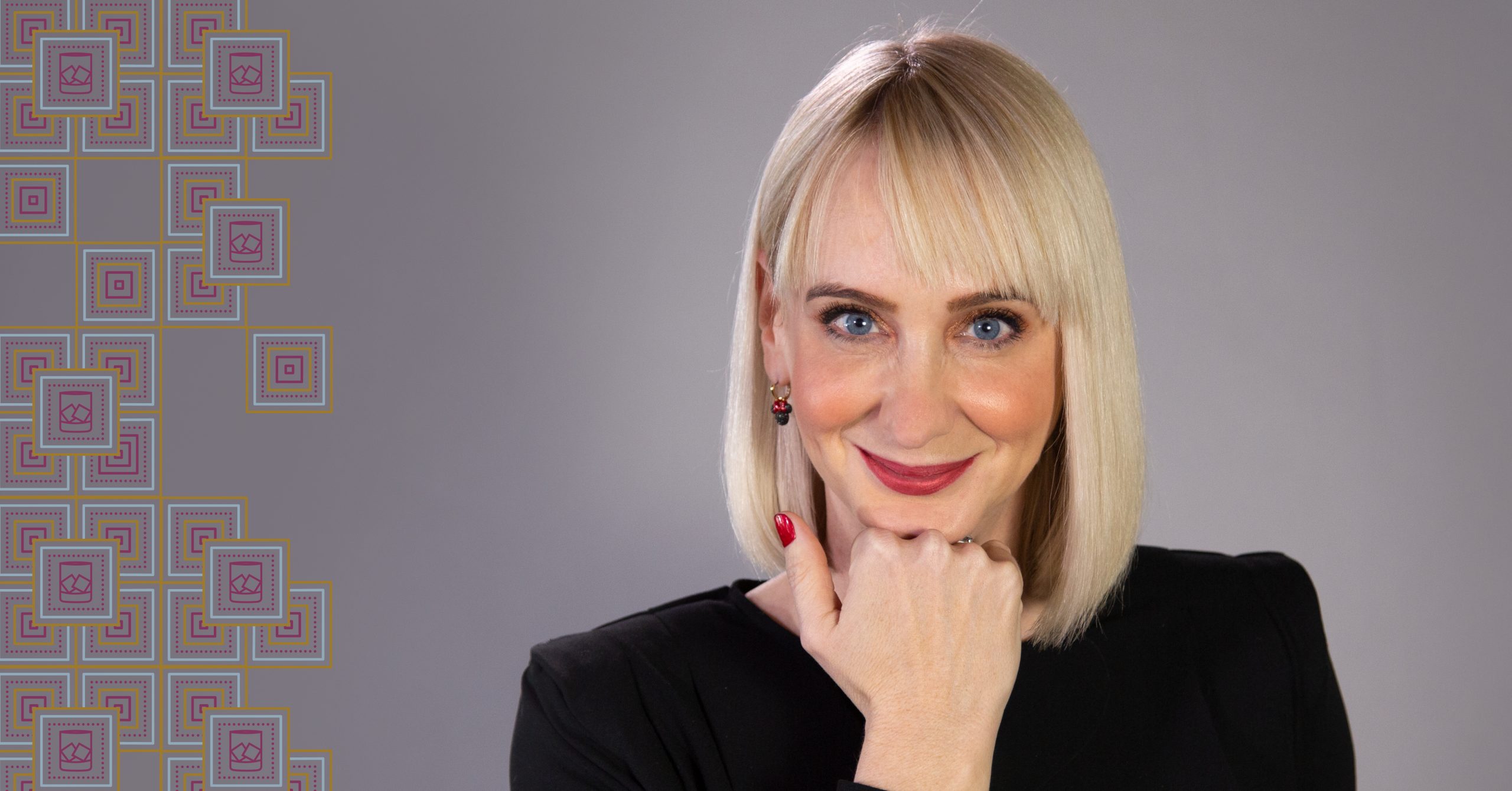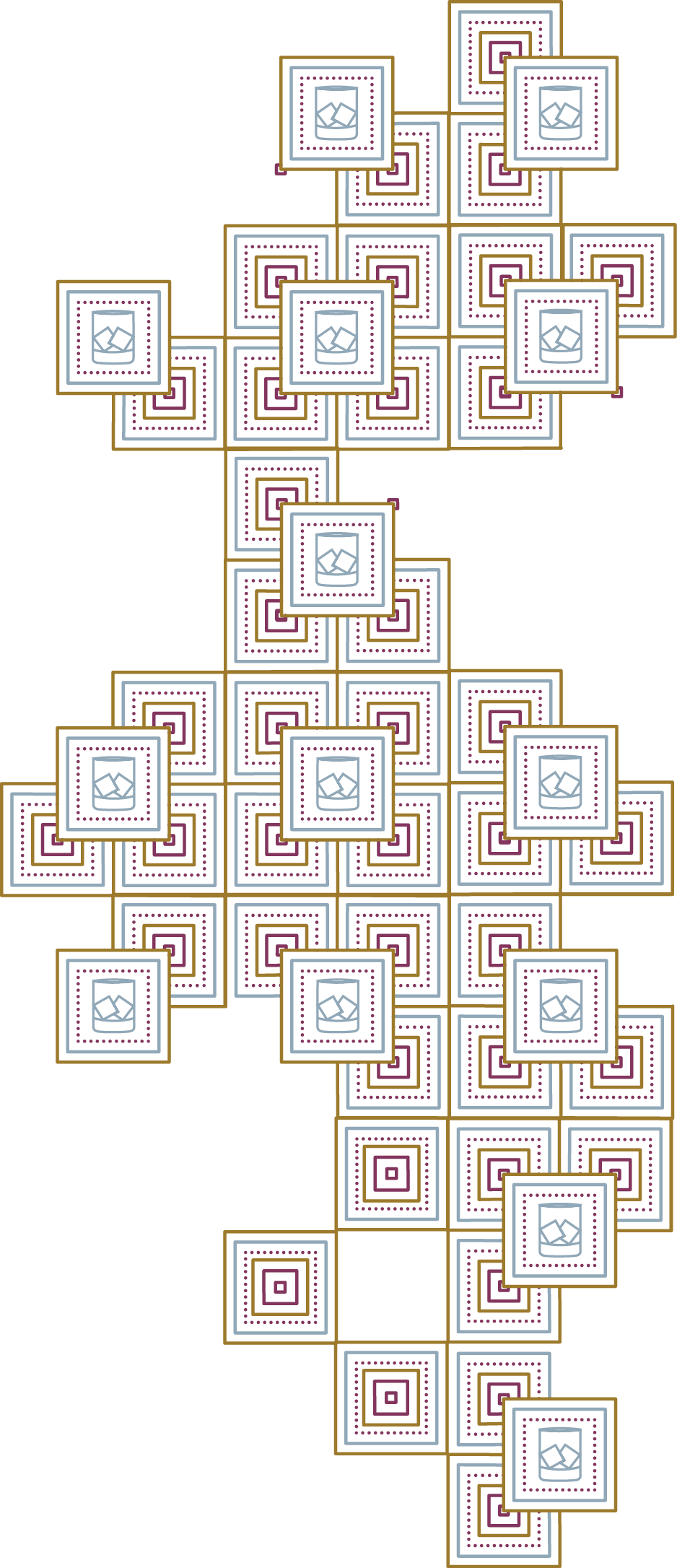EWARD SNELL & CO (PTY) LTD
(“Edward Snell”)
PRIVACY NOTICE
This Notice explains how we collect, use, disclose and protect your personal information, as is required by the Protection of Personal Information Act (“POPI”) No 4 of 2013. Personal Information is information that can be used on its own or with other information to identify, contact, or locate a single person or juristic body, or to identify an individual in context.
At Edward Snell, we take data and information privacy seriously. We are committed to protecting your privacy and to ensure your personal information is collected and used properly, lawfully and transparently in accordance with the POPI Act. We respect our clients, visitors, service providers and other business partners, and value the trust they place in us to process their personal information.
Who we are
Edward Snell is a company manufacturing, distributing, marketing and selling of alcoholic beverages.
What we collect
We collect information directly from you where you provide us with your personal details, for example when you purchase products or services from us or when you submit enquiries to us or contact us. Where possible, we will inform you what information you are required to provide to us by law (mandatory) and what information is optional (voluntary). With your consent, we may also supplement the personal information you provide to us with information we receive from other companies and service providers, as well as any personal information you deliberately make public.
The type of information we collect will depend on the purpose for which it is collected and used. We will only collect information we need for that purpose.
In this Privacy Notice, personal information refers to the type of personal information that may be collected and used, including, but not limited to:
- Contact details, such as name, email address, postal address and telephone number
- Educational and employment information
- Nationality, gender and race
- Health and disability information
- Performance and disciplinary information
- Information required to comply with labour and tax laws
- Leave information (including medical certificates)
- Payment information, such as bank account details
- Comments, feedback, posts and other content submitted, including survey information
- Interests and communication preferences including marketing permissions where appropriate
- Identity verifying information, such as national identification number or passport details where applicable
- Website and communication usage information obtained through tracking technologies
- Any Other personal information deemed necessary in order to comply with legal, legitimate and business-related purposes
Sensitive personal information
If collecting or storing sensitive personal information, such as information relating to health, biometric information or credit checks for certain job roles, we will ask for your explicit consent. However, there are some limited situations where this will not occur if this information is required by law or regulatory body.
Children’s personal information
In order to fulfill our HR administration role, we may, with the consent of the employee, collect personal information relating to an employee’s child and other family members in order to comply with law and regulations as set out by various governmental bodies.
How we use your information
We will use your personal information only for the purposes for which it was collected or agreed with you, for example:
- To provide our products or services to you
- To communicate with you and maintain our relationship
- To respond to enquiries regarding our services and products
- To conduct credit reference searches or verification of identity
- For operational and accounting purposes
- For debt tracing or debt recovery
- To maintain databases relating to the services and products we offer
- To conduct research or for statistical analysis
- For audit and record keeping purposes
- In connection with any legal proceedings
- For security purposes
- To protect our legitimate interests and business-related purposes or to protect legitimate interests and business-related purposes of our clients and service providers
- To comply with laws and regulations or industry codes to which we subscribe, or which apply to us
Ongoing Services
We would like to use your information to keep you informed about other services which may be added to our portfolio of offerings, and which may be of particular interest to you.
If you do not want to receive such consultancy services information, please email info@esnell.co.za. You may opt out at any time in the future if you don’t want to receive any further communications of this nature.
You may also give or withdraw consent at any time and tell us what your communication preferences are by contacting us at the number/address provided below.
Disclosure Information
We do not sell or trade your personal information but may disclose it to third parties and service providers who are involved in the delivery of our products or services to you. We have agreements in place to ensure they comply with these privacy terms. Personal information will only be shared with third parties if and to the extent it is necessary for them to provide our products or services to you.
We may also disclose your information when we believe release is appropriate to comply with the law or industry codes, or protect ours or others’ rights, property, or safety.
Non-personally identifiable information may be provided to other parties for research and statistical purposes.
Information security
We are legally obliged to provide adequate protection for the personal information we hold and to stop unauthorised access and use of personal information. We will, on an ongoing basis, continue to review our security controls and related processes to ensure your personal information is secure.
We use a variety of physical and technical measures to keep personal information safe and prevent unauthorised access to or use or disclosure of it. Electronic data and databases are stored on secure computer systems with control over access to information using both physical and electronic means. Our staff receive data protection training and there is a set of detailed security and data protection policies which staff are required to follow when handling personal information.
While we take all reasonable steps to ensure personal information will be kept secure from unauthorised access, we cannot guarantee it will be secure during transmission by you to a website or other services, as we do not control that transmission.
When we contract with third parties, we impose appropriate security, privacy and confidentiality obligations on them to ensure that personal information we remain responsible for is kept secure.
We may need to transfer your personal information to another country for processing or storage. We put in place appropriate protection to ensure your personal information remains adequately protected and is treated in line with this Privacy Notice and applicable global data protection laws.
We have policies and procedures in place which must be followed by our staff in the event of a serious data breach. Should such a breach occur, all relevant parties will be notified as soon as is practicably reasonable.
How long is information kept
We will only retain personal information for as long as is necessary and as permitted by applicable laws. We will retain personal information while we are using it, as described above. We may continue to retain it after we have ceased such uses for certain legitimate business purposes. We may also continue to retain your personal information to meet our legal requirements or to defend or exercise our legal rights.
The length of time for which we will retain your personal information will depend on the purposes for which we need to retain it. After we no longer need to retain your personal information, it will be deleted or securely destroyed.
Your rights: Access to, deletion of, rectification of, and limiting processing of Personal Information
You have the right to request a copy of the personal information we hold about you. To do this, simply contact us at the number/address listed below and specify what information you would like. We will take all reasonable steps to confirm your identity before providing details of your personal information.
Please note that any such access request may be subject to a payment of a legally allowable fee.
You have the right to ask us to update, correct or delete your personal information. In certain cases you have the right to object to the processing of your personal information. You may do this by contacting us at the number/address provided below. Please note that, if the personal information concerned must be held by us to comply with legal and regulatory purposes, the right to deletion or objection will not always be available to you. We will take all reasonable steps to confirm your identity before making changes to personal information we may hold about you.
Your rights: Complain to the Information Regulator
Should you feel at any time that your personal information is being processed in a fraudulent manner, you have the right to complain to the Information Regulator, whose contact details are:
Tel: 012 406 4818
Fax: 086 500 3351
Email: complaints.IR@justice.gov.za
Postal: PO Box 31533, Braamfontein, Johannesburg 2017
Third party links
We do not include or offer third party products or services on our website.
Third party links
We do not include or offer third party products or services on our website.
We have not enabled Google AdSense on our site but may do so in the future.
Changes to this Notice
Please note we may amend this Notice from time to time. Please check this website periodically to inform yourself of any changes.
How to contact us
If you have questions about this Notice or believe we have not adhered to it, or need further information about our privacy practices or wish to give or withdraw consent, exercise preferences or access or correct your personal information, please contact us at the following number/address:
Telephone number: 021 506 2600
Email address: neilp@esnell.co.za
Postal address: PO Box 318, Maitland 7404


